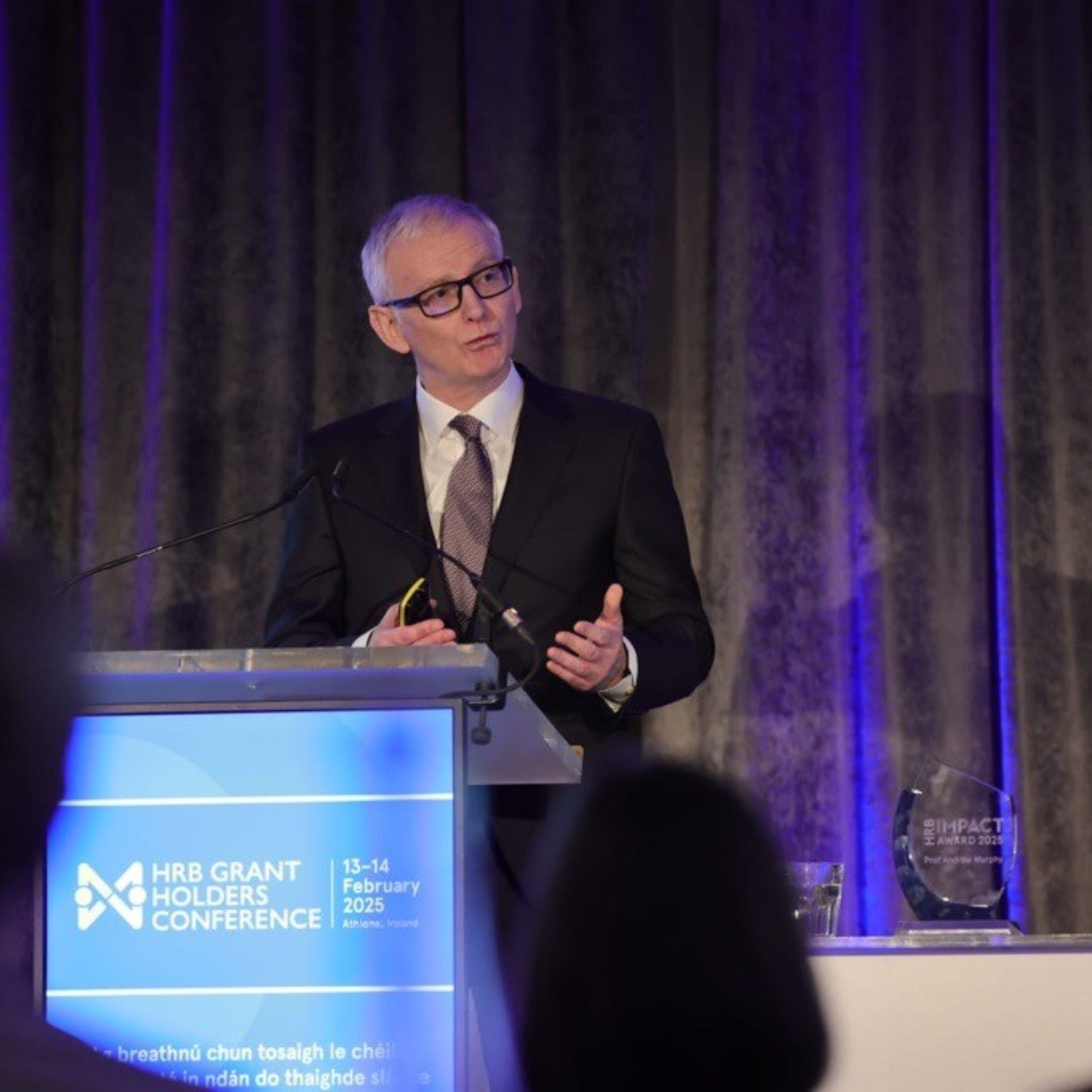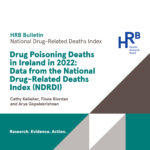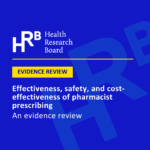Award-winning professor says research has been central to expansion of GP role in primary care
HRB awards University of Galway medic €50,000 for further research
4 min read - 14 Feb 2025

Health Research Board (HRB) funding has played a very significant role in supporting the development of GP services bringing more advanced forms of care to local communities, according to Professor Andrew Murphy of the University of Galway, who has been awarded the HRB Impact Award for 2025.
The HRB presented the award to Prof Murphy, who specialises in general practice research and is a practising GP in Turloughmore, Co Galway, at a ceremony in Athlone last night (Thursday, Feb 13).
Prof Murphy, who is a professor at the University of Galway Department of General Practice, received the award for what the independent adjudication panel described as his exceptional influence on policy and practice in the Irish healthcare system.
According to Dr Mairéad O Driscoll, Chief Executive at the HRB, “Prof Murphy has had an incredible impact on chronic disease management in primary care and he has been influential in significant innovations in GP practice that have been implemented nationwide.”
“The international standing of Andrew’s work, is evidenced by his role in government advisory groups in Germany and Norway in addition to the national recognition of his work and positions of policy influence at home,” Dr O’Driscoll said.
Prof Murphy has led a programme of research seeking to improve secondary* prevention of heart disease in primary care since 2000. A HRB research award supported Prof Murphy’s seminal all-island research on cardiac disease prevention in general practice. The then largest general practice trial, it is the first general practice paper ever to receive the prestigious Royal Academy of Medicine in Ireland Award.
Its key finding was that intensive, structured GP care, over eighteen months to patients with existing heart disease, reduced hospital admissions from 34% to 26%. This work informed a review which found secondary cardiac prevention in general practice can extend the lives of patients by six years.
While the Donegal man’s work over his 33-year career is broad, his impact on GP-led primary care in Ireland has been a recurring theme – particularly in relation to chronic disease management.
“GP-led primary care has led to significant improvement in effectiveness of treatment, patient convenience and cost. HRB funded research across many disciplines has been really important in providing the evidence to support proposed innovations,” Prof Murphy said.
“The driver of all my research is that general practice has the potential to deliver high-quality care, both chronic and acute, which significantly improves patients’ lives and is highly cost effective.
“When I qualified as a GP in 1992, general practice care was largely reactive with patients deciding when and why to visit. About 60% of practices were in converted premises with no practice nurses.
“Today’s GP graduates enter a speciality which is largely composed of multi-disciplinary group practices, in purpose-built premises providing significant amounts of preventive care through appointment-only systems using sophisticated computer technology,” he added.
Prof Murphy also contributed significantly to the founding of Heartwatch in 2003, Ireland’s first universally accessible chronic disease management programme for heart disease. An element of his work in this area led to the provision of free Nicotine Replacement Therapy for Medical Card holders.
Among other achievements he has been a champion of active involvement of public and patients in health research.
“Over my professional lifetime, there has been a sea change, largely for the good, in Irish general practice. It is now at the epicentre of Irish healthcare. I repeatedly see the importance of this to patients where I practice in Turloughmore.”
Professor Martin O’Donnell, Executive Dean of the College of Medicine, Nursing and Health Sciences at University of Galway, congratulated Professor Murphy on the award.
“This award is a reflection of Professor Murphy’s outstanding commitment to research that has directly shaped general practice and primary care policy, both in Ireland and internationally. His work exemplifies the University of Galway’s mission to translate research into real-world impact, improving healthcare outcomes for communities,” Prof O’Donnell said.
4 min read - 14 Feb 2025



